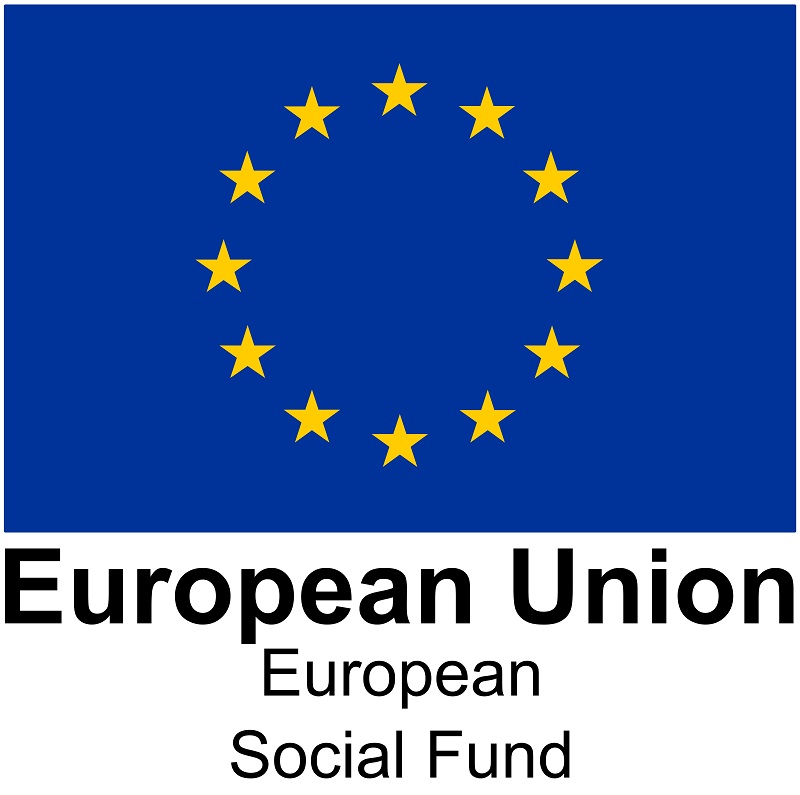The ESF Managing authority has formally announced the end of the Calls process to commit the ESF Reserve Funds. The remaining ESF programme funds will be allocated to extending and providing additional funds for existing ESF projects so they can continue to the end of December 2023.
All calls which are live or have already been approved will close in line with the published and agreed closing dates.
A recent consultation with local ESIF Sub-Committee Chairs indicated that the best way to support local needs and address the impact of the COVID-19 Pandemic would be by enabling existing projects to continue.
How to apply to extend your ESF project
To apply for additional funds for an existing project a Project Change Request (PCR) must be submitted alongside a PCR Self-Assessment Checklist to show the project meets certain criteria to be considered for extension. This includes:
- Projects must not make substantial changes to the scope of the project, they must be for the same type of provision and target groups as the existing project.
- Extension requests must be no more than 50% increase against the total value of the project’s funding agreement and must be financially completed no later than 31 December 2023.
- Projects must be ‘well performing’ i.e., be up to date with claims and against their agreed profiles of expenditure and outputs (with some allowances for projects with Funding Agreements signed later in the 2014 – 2020 ESF England funding programme.)
Beneficiary organisations which manage projects that meet the criteria and are considering an extension can request the PCR forms direct from the managing authority. Completed forms must be returned by 7 May 2021.
The action note including background and full criteria for extensions, plus contact details for requesting PCR forms can be read here
NB: the action note does not apply to beneficiaries in the Greater London Authority, New Anglia or Solent LEP areas.
If you would like to find out more about how Civil Society Involvement can help you, please contact info@civilsocietyinvolvement.com.
To receive updates from the project and latest news on European Funding, you can sign up to our newsletter by clicking here.
